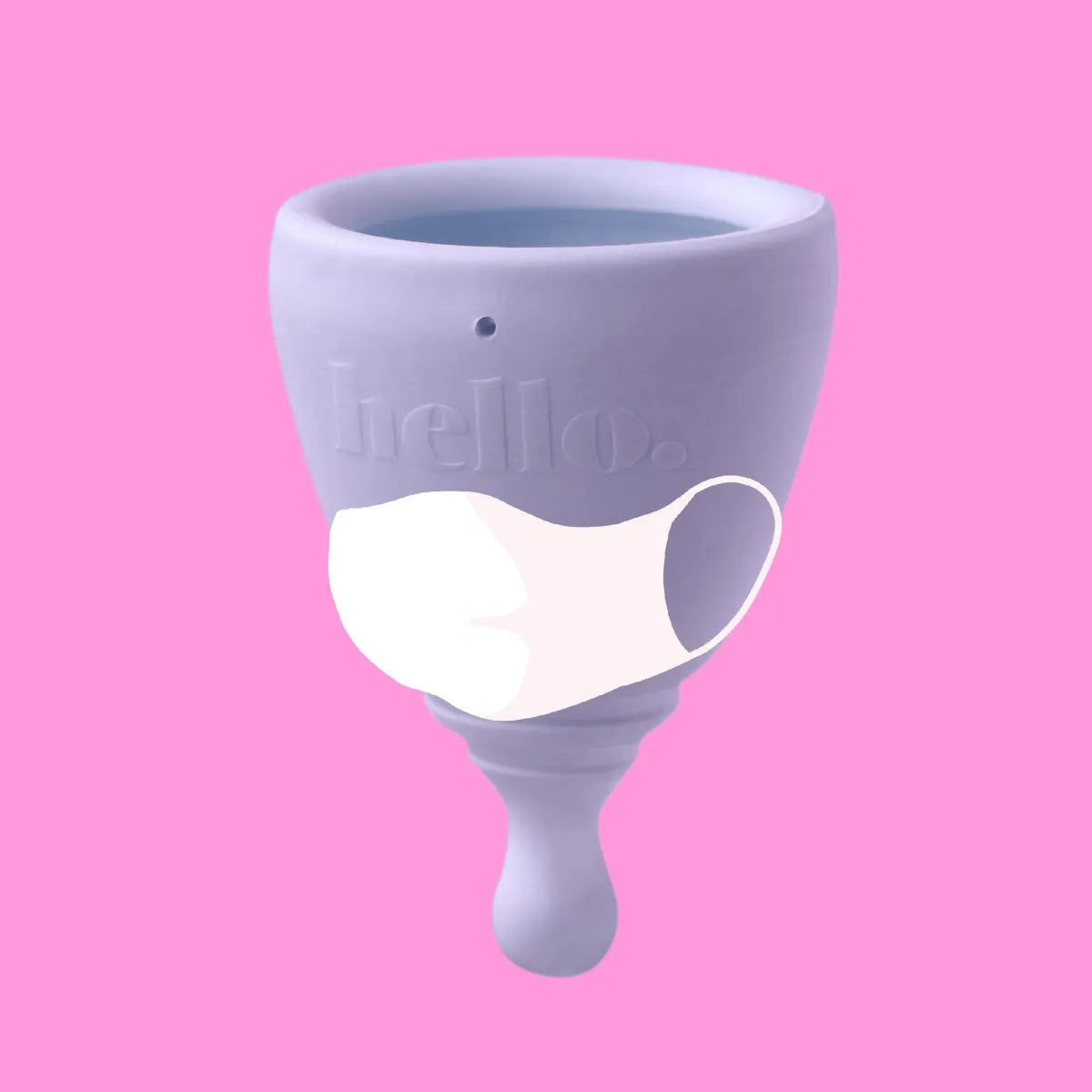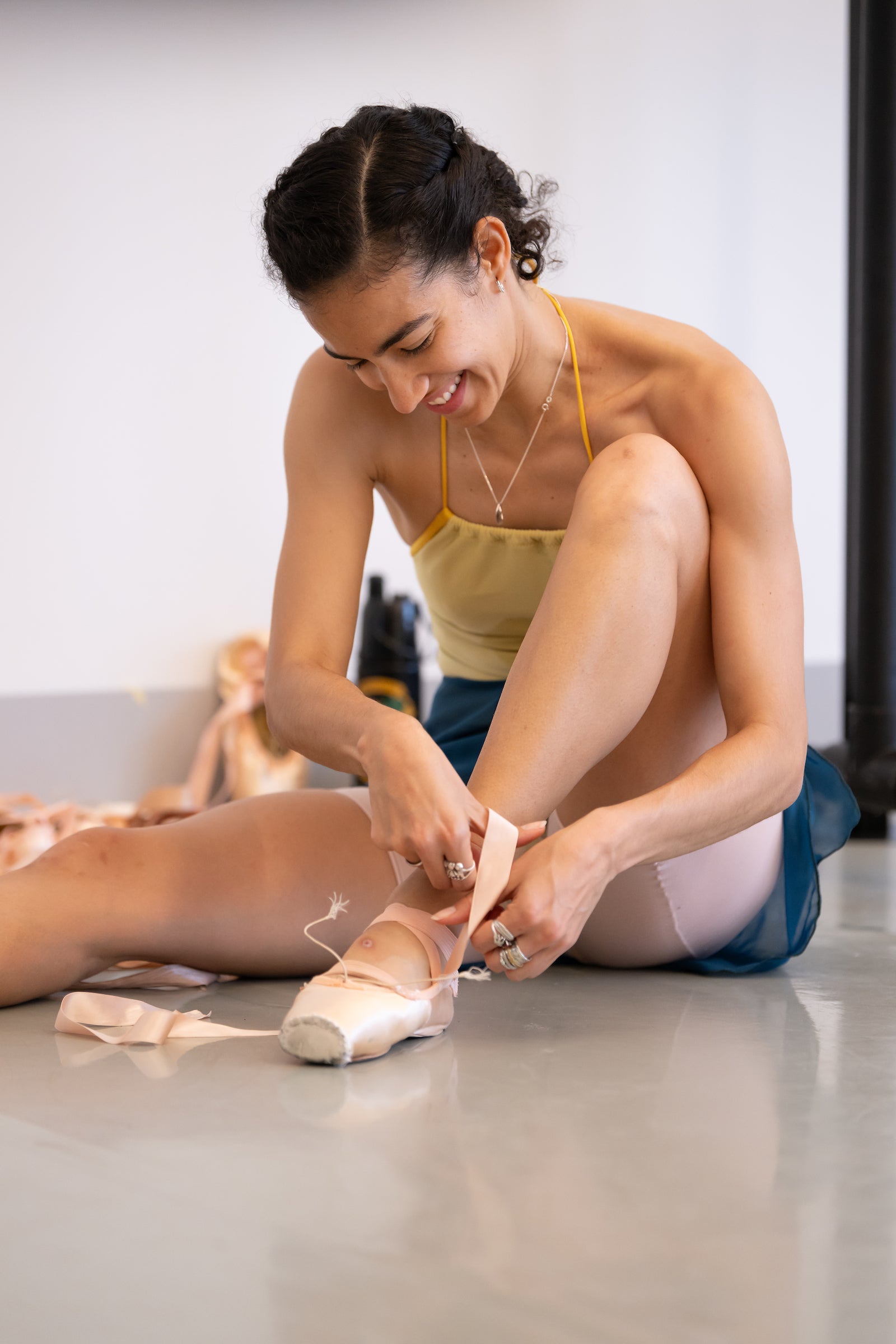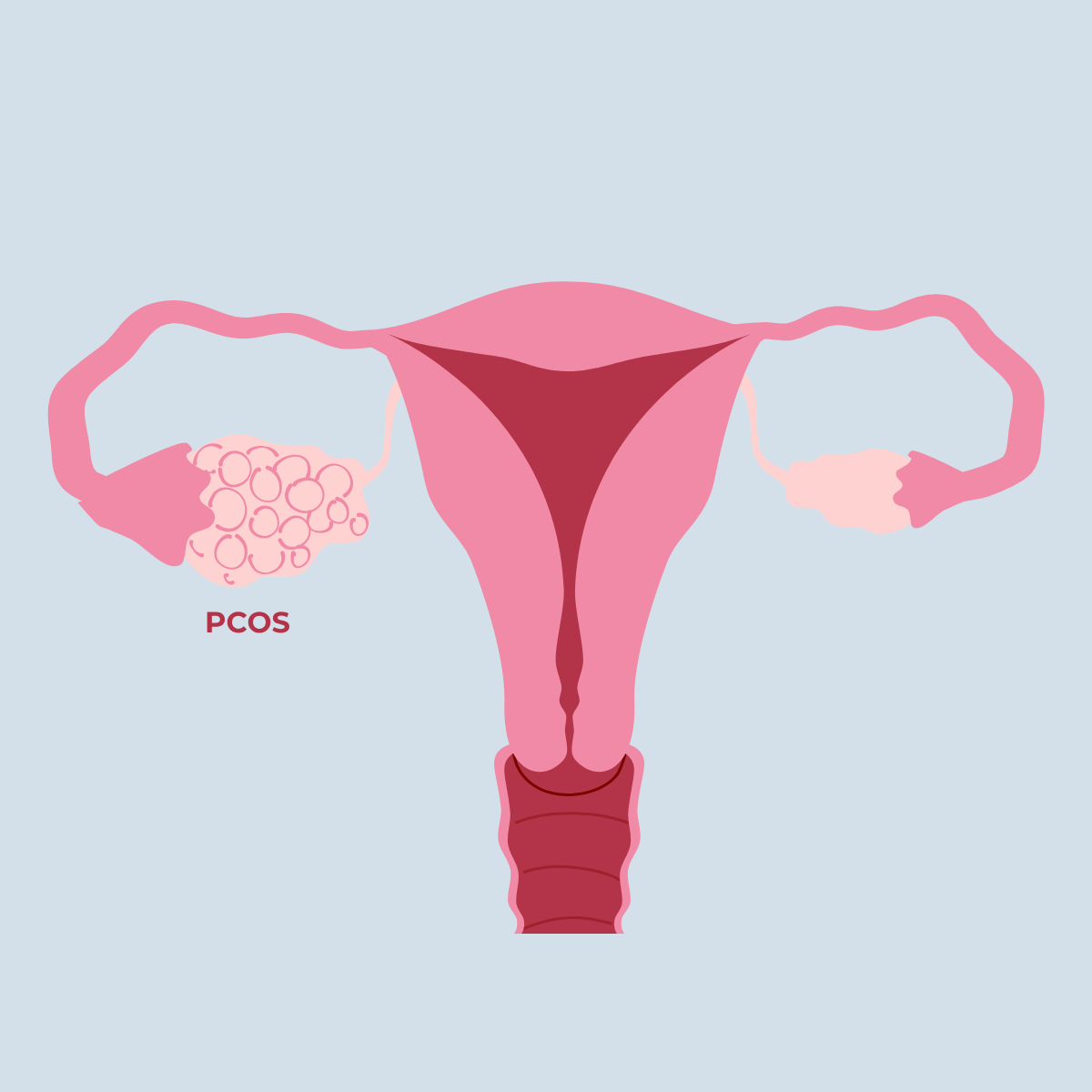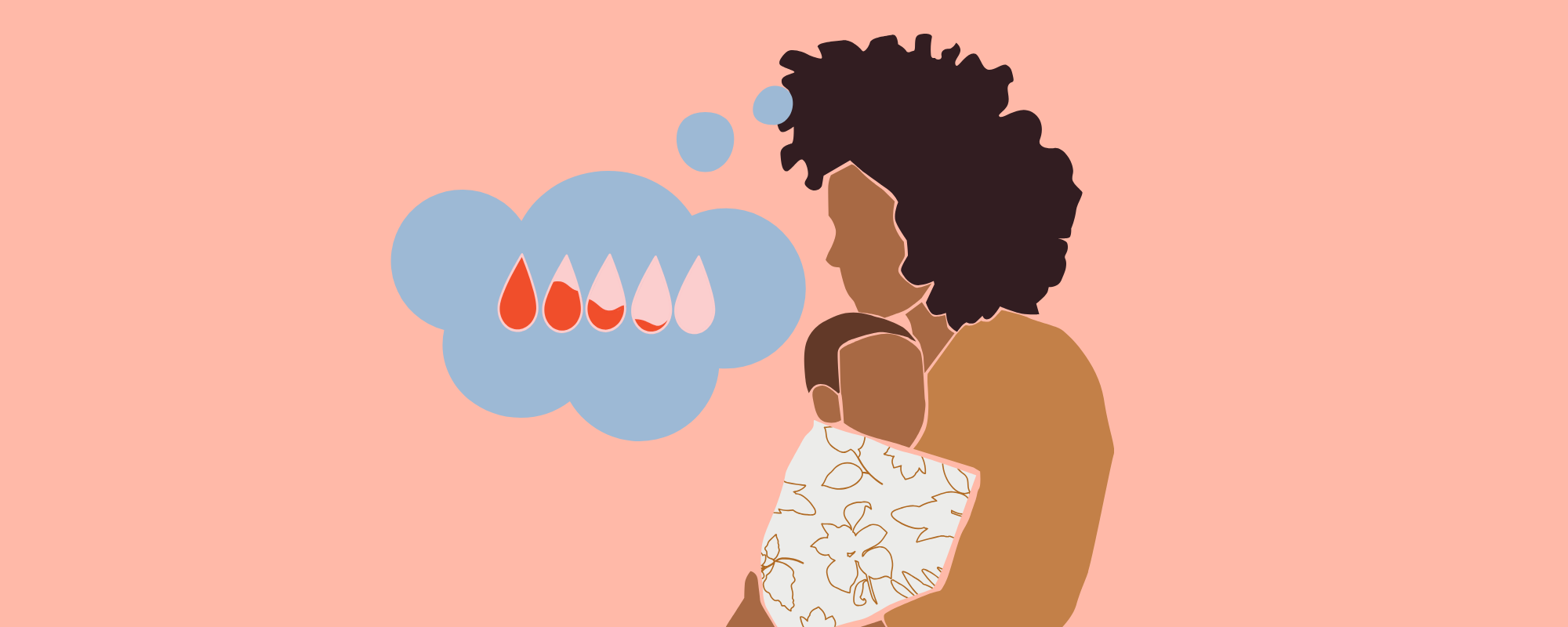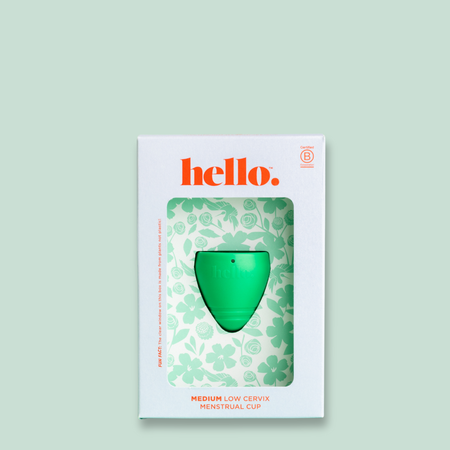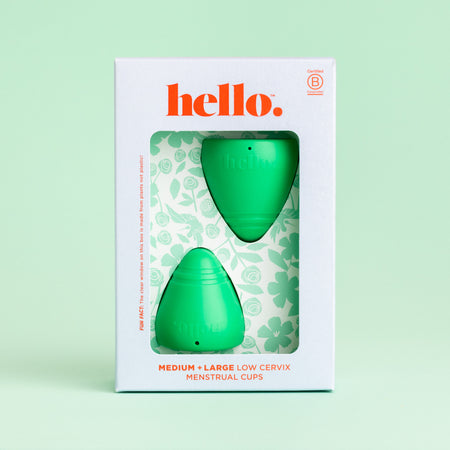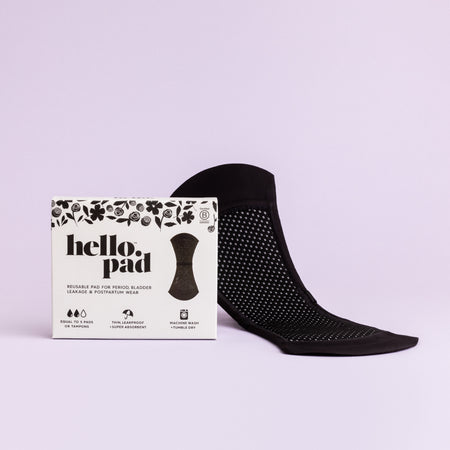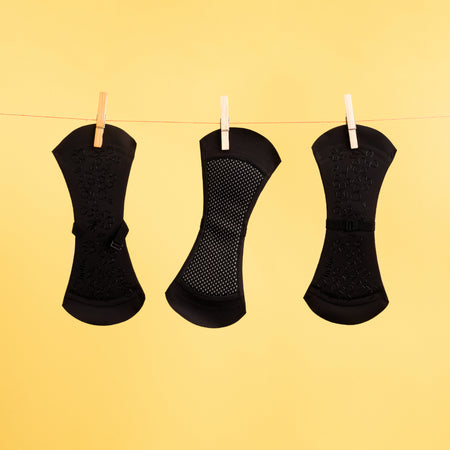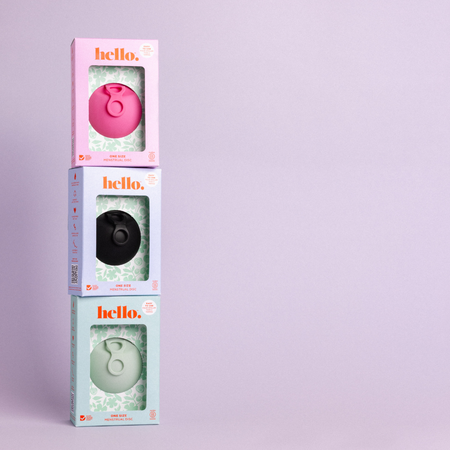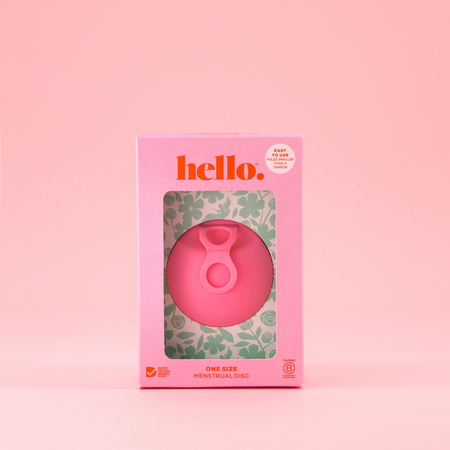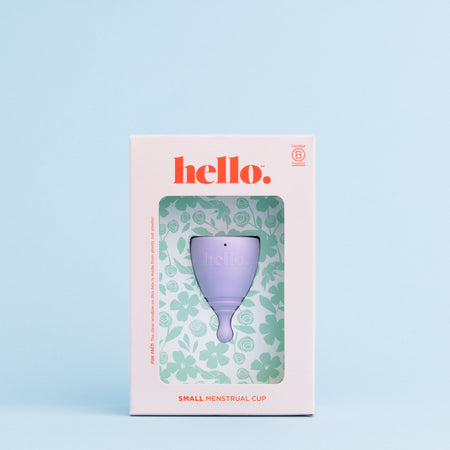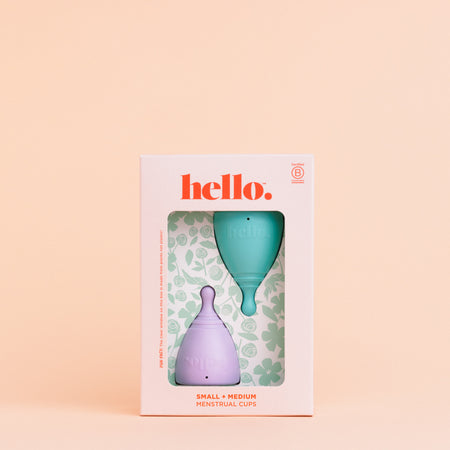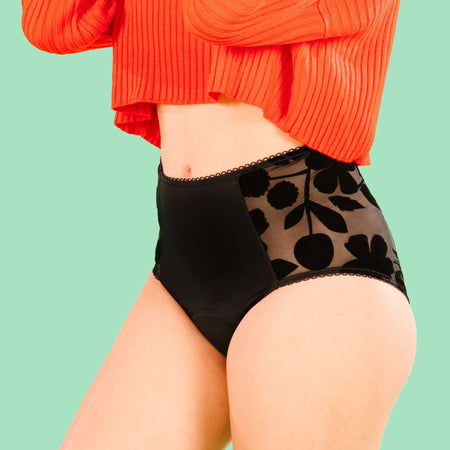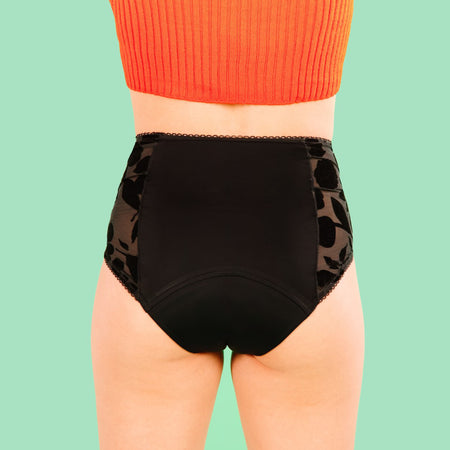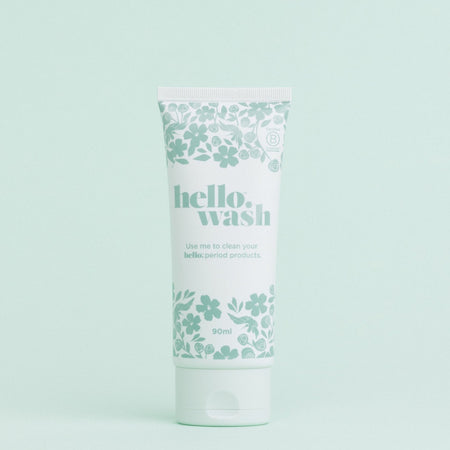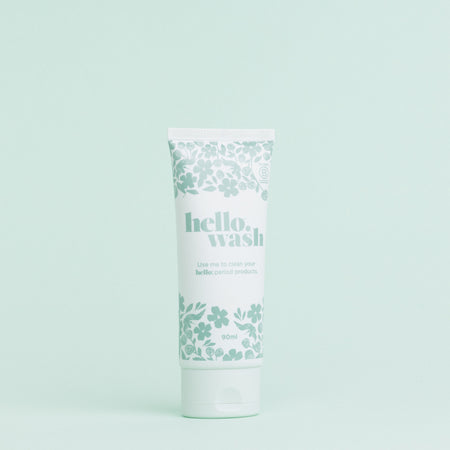Let's chat about menstrual cups, shall we? If you're on a quest for a safe, sustainable, and wallet-friendly period product, you've probably stumbled across these nifty little cups. But the big question remains—are menstrual cups safe? Well, let's cut to the chase. Yes, menstrual cups are generally safe to use, but like any product, they come with their own set of considerations. Let's break down everything you need to know about menstrual cup safety and how they stack up against other products. We'll also explore the benefits they bring to the table and why they might just become your new period bestie.
What Are the Potential Risks of Using Menstrual Cups?
When it comes to menstrual cups, safety is a top concern for many. While they're largely considered safe, it's important to ensure you take precautions to minimise potential risks.
1. Irritation
Just like any product you use on your body, menstrual cups may cause irritation if they're not the haven't been properly sanitised, or you're not quite used to inserting them. Sometimes, using a bit of lubricant can help with insertion, giving it a little more glide and making it more comfortable. If you experience irritation, it might be worth trying a different cup size or ensuring you're cleaning it thoroughly.
2. Infection
The risk of infection from menstrual cups is very low, but it can happen if bacteria are introduced. Always wash your hands before inserting or removing your cup, and clean the cup with warm water and mild soap each time you remove it. Keeping things clean and sanitised is key to keeping infections at bay.
3. Toxic Shock Syndrome (TSS)
TSS is an rare but serious condition often associated with tampon use, but it can occur with menstrual cups if they're not used correctly. The good news? It's extremely rare with cups because unlike tampon, they don’t create a warm, moist environment (which bacteria love to hang out in). Just remember to empty and clean your cup at least every 12 hours to minimise any risk.
How Do Menstrual Cups Compare to Other Menstrual Products?
Now that we've covered safety. Let’s address some common concerns like "are menstrual cups safe?" Let's see how menstrual cups compare with other menstrual products like single-use pads and tampons.
1. Safety Features
Menstrual cups are made of medical-grade silicone or thermoplastic elastomer, which are generally safe for use inside the body. Unlike tampons, they don't disrupt your vaginal flora (the good bacteria), which helps maintain a healthy balance.
2. Cost Effectiveness
While the initial cost of a menstrual cup is higher than a box of tampons, they can last up to five years with proper care. Imagine saving hundreds of dollars over the years—definitely a win for the wallet!
3. Environmental Impact
Did you know that the average person uses around 11,000 tampons in a lifetime, each tampon taking over 500 years to break down? That’s a lot of waste! Menstrual cups are reusable, making them an eco-friendly choice that significantly reduces your carbon footprint. When choosing between products, many wonder, "are menstrual cups safer than pads?" Menstrual cups are reusable, making them an eco-friendly choice that significantly reduces your carbon footprint. Cups are not only safe but because they are made from a single ingredient - usually medical grade silicone or thermoplastic elastomer, you are safe in the knowledge of what they are made from. Unfortunately the same can't be said for pads which can be made up of more than 80% plastics and can be dyed with bleach. for the environment but also safer for your body.
4. User-Friendliness
While there’s a learning curve to using menstrual cups, most people find them easier over time. They're similar to tampons without applicators and can be worn for up to 12 hours, providing long-lasting protection without the need for frequent changes.
5. Capacity
Menstrual cups can hold more blood than tampons or pads, making them perfect for those heavy-flow days. Depending on the brand, they can hold about 30-50ml of liquid, more than twice the amount a super-absorbent tampon can handle.
6. Intimacy Considerations
Most menstrual cups need to be removed before penetrative sex, if you're looking for an option that offers flexibility for those times when you don’t want your period to interrupt your sexy-time plans, check out the period disc from Hello Period.
Safe Usage of a Menstrual Cup
Alright, let's get into the nitty-gritty of how to use these period cups safely and effectively.
Preparation Before First-Time Use
When you first get your cup, sterilise it by boiling it in water for about 5-10 minutes. Make sure it's completely cooled and dry before use. This step ensures your cup is free from any factory residues.
Steps to Insert a Menstrual Cup
- Wash your hands thoroughly with soap and water.
- Fold the cup using the fold recommended by the maker of your menstrual cup, holding it firmly between your thumb and fingers.
- Insert the cup into your vagina, aiming towards your tailbone. Once inside, the cup will pop open and create a seal.
- Rotate the cup slightly to ensure it's fully open and properly sealed. You shouldn’t feel it if it’s inserted correctly.
=> Maybe you'll be interested in: How to Insert a Menstrual Cup or Disc
How to Remove the Menstrual Cup
- Wash your hands thoroughly.
- Pinch the base of the cup to break the seal.
- Gently pull the cup out while keeping it upright to avoid spills.
- Empty the contents and wash with a mild soap, and reinsert. If you are not near a water source, it’s fine to empty and then wipe your cup and reinsert or rinse with a water bottle and reinsert until you are somewhere you can wash it more thoroughly.
How Much Does a Menstrual Cup Cost?
Depending on the brand, a menstrual cup typically costs between AUD $30-50. Given that period cups can last several years, this investment is much lower than the ongoing cost of buying tampons or pads.
Enhance Your Period Experience with Hello's Menstrual Cup
At Hello Period, we're all about providing safe, sustainable solutions for your menstrual cycle. Our Hello Cup menstrual cups are crafted with care and designed to make your period as seamless as possible. If you're ready to make the switch, our Hello Cups might be just what you're looking for.
FAQs
1. Do menstrual cups have an impact on virginity?
Absolutely not. Virginity is not determined by whether you've used a menstrual cup or not.
2. Are reusable pads or menstrual cups safer?
Both have their pros and cons. It’s about what feels most comfortable and safe for you. Menstrual cups offer long-term savings and environmental benefits, whereas reusable pads are convenient for those who prefer external protection.
3. Who is not able to use a menstrual cup?
While menstrual cups are suitable for most, those with certain medical conditions or discomfort during insertion may wish to consult a healthcare professional first.
4. Do I need to remove my menstrual cup when I pee?
Nope! You can pee as usual with a menstrual cup in place. It doesn’t block the flow of urine as it sits in the vaginal canal, not the urethra.
5. Are menstrual cups safe for teens?
Yes, menstrual cups are generally safe for teens, including those as young as 13. As long as they are comfortable with the idea of internal period care, using a cup is absolutely fine. For younger users, opting for a smaller size cup is recommended. So, if you’ve been wondering, "are menstrual cups safe for 13 year olds?", the answer is yes.
Conclusion
So, are menstrual cups safe? Hopefully you now feel secure in the knowledge that yes, not only are menstrual cups safe, but they’re also an empowering choice when it comes to period care. With their cost efficiency, environmental benefits, and ease of use, they’re a fantastic option for anyone looking to make a positive change. Ready to give them a try? Check out Hello Period’s range of menstrual products and join our community of empowered users.
Disclaimer: Please be aware that we are not healthcare professionals. Our content is for informational purposes only and should not be considered a substitute for professional medical advice, diagnosis, or treatment.
